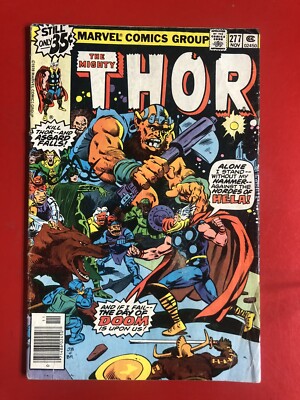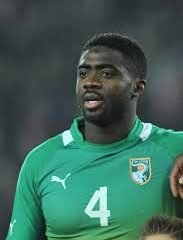Loki: The Evolution of the God of Mischief

Introduction
Loki, the Norse god of mischief, has become a significant figure in both ancient mythology and modern pop culture. With the resurgence of interest due to Marvel’s portrayals, especially in the Disney+ series titled ‘Loki’, the character exemplifies themes of ambiguity, conflict, and transformation. As audiences dive into his complex nature, understanding Loki’s significance in mythology and its modern adaptations highlights his continuing allure and relevance.
Loki in Norse Mythology
In traditional Norse mythology, Loki is often depicted as a cunning trickster with a multifaceted role in the pantheon of gods. Known for his ability to shape-shift and manipulate, Loki’s actions frequently lead to trouble for both gods and mortals. His relationships with other characters, such as Thor, Odin, and the goddess Freyja, illustrate his complexity; he is simultaneously a friend and foe. Loki’s ultimate betrayal, leading to the death of the god Baldr, showcases the darker aspects of his character and foreshadows his role during Ragnarök, the end of the world in Norse myth.
Loki in Modern Pop Culture
Fast forward to the 21st century, Loki made his mark as a central character within the Marvel Cinematic Universe (MCU). Portrayed by Tom Hiddleston since 2011, Loki evolved from a villain in ‘Thor’ to a deeply nuanced anti-hero in subsequent films. His portrayal resonated with audiences, leading to the creation of the ‘Loki’ series, which premiered in June 2021. The show not only explores his character in greater depth but also delves into issues of identity, free will, and consequence.
The first season of ‘Loki’ has been lauded for its innovative storytelling and character development, prompting discussions about the nature of good and evil. With a second season confirmed and speculated to be released in 2023, the series promises to further explore Loki’s adventures and their implications on the multiverse.
Conclusion
Loki’s duality as a trickster god and sympathetic character has allowed him to transcend his mythological origins, morphing into a symbol of complex identities in contemporary narratives. As audiences eagerly await new content, it is clear that Loki’s adventures will continue to captivate, allowing for reflections on broader societal themes and personal transformations. His evolution from a mythical figure to a modern icon highlights the enduring power of storytelling in connecting past and present.





